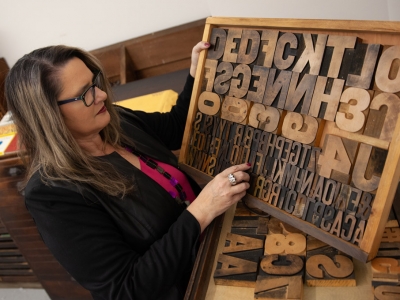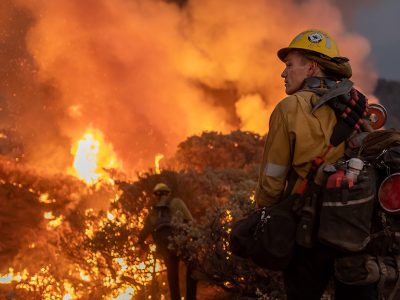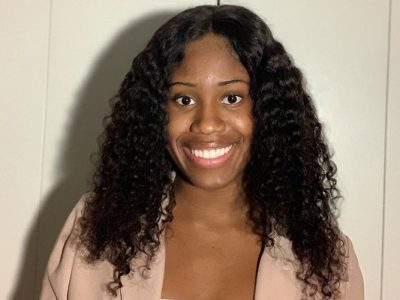By Ty Burke
Photos by Lindsay Ralph
Nishnawbe Aski Nation (NAN) covers a large area of forest, lakes, and low-lying tundra in James Bay Treaty No. 9 and the Ontario portion of Treaty No. 5. Many of NAN’s 49 member First Nations are accessible only by air, and the young people growing up in these remote communities often have little exposure to the cities where Ontario’s post-secondary institutions are located.
When they move south to further their education, they often experience culture shock. According to former NAN Deputy Grand Chief Victor Linklater, it is essential that NAN youth interested in pursuing post-secondary studies get exposure to what life is like in an urban area, so they adjust more readily when they do move to one. A partnership between NAN and Carleton University is making that happen. The NAN Youth Leadership Program hosts youth for a weeklong series of workshops, activities, and excursions throughout the Ottawa area.
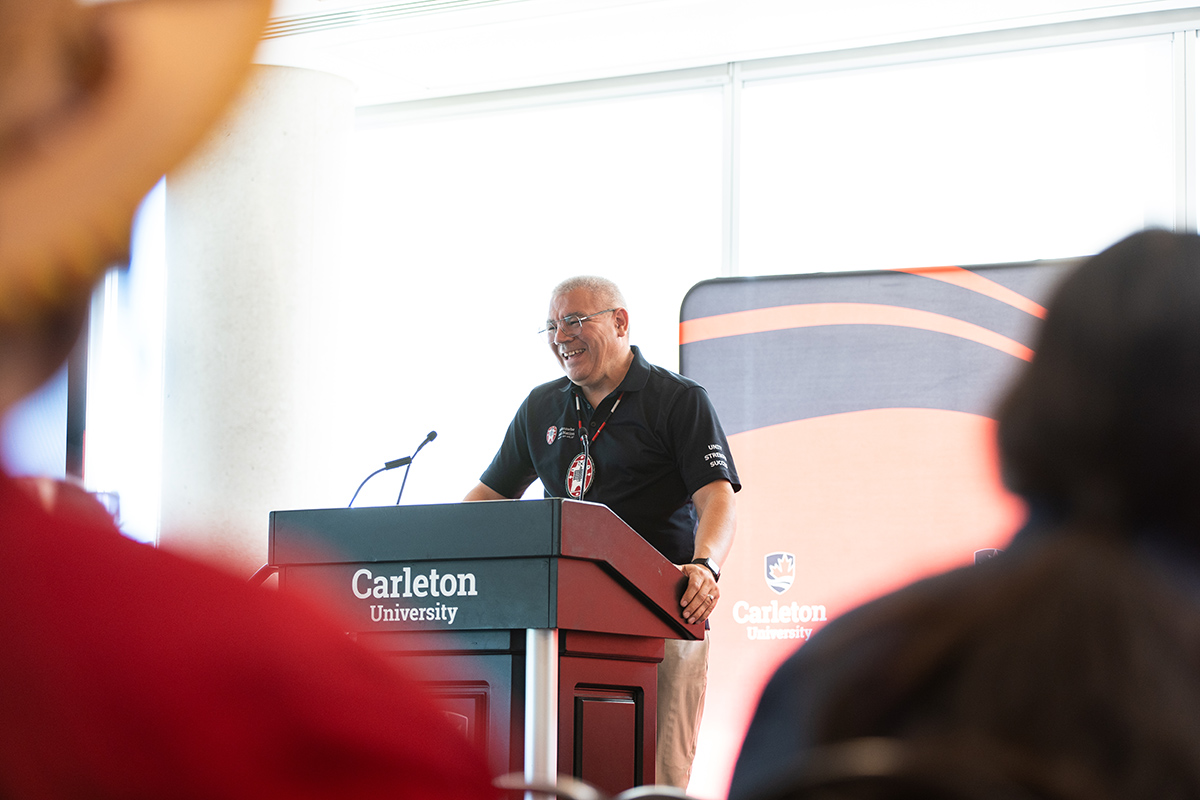
Former NAN Deputy Grand Chief Victor Linklater
“There is a lot of value in coming to Ottawa and getting a feel for what life is like on campus and in the city,” says Linklater.
“When any student leaves home—First Nations or not—that first month, that first year, they are very tough. You encourage a child to be strong. But if they have never had any exposure to a bus system, or to large buildings, or to things like using coupons in a supermarket, it is that much more difficult. Without that exposure, they will not have the means to navigate an institution like Carleton or a city like Ottawa.”
For participant Nimki Flood, the NAN Youth Leadership Program presents an opportunity to see some of Ottawa’s tourist sights, like the Canada Agriculture and Food Museum and the House of Commons. But Flood is also looking to benefit from the program’s career-focused events.
“I have had jobs before, but I am still seeking my career path,” Flood says. “There is so much potential on my First Nation, and I want to be able to bring something back to help them. To be able to nurture that potential and see it blossom into something amazing.”
The leadership program benefits NAN youth and the host institution, Carleton University, in equal measure.
“We are thrilled to have supported the NAN Youth Leadership Program over the past few years and are excited to continue our support in the future,” said Suzanne Blanchard, Vice-President (Students and Enrolment).
“Witnessing the positive impact this initiative has on First Nations youth as they experience life in Ottawa and engage with our campus community is truly rewarding.”
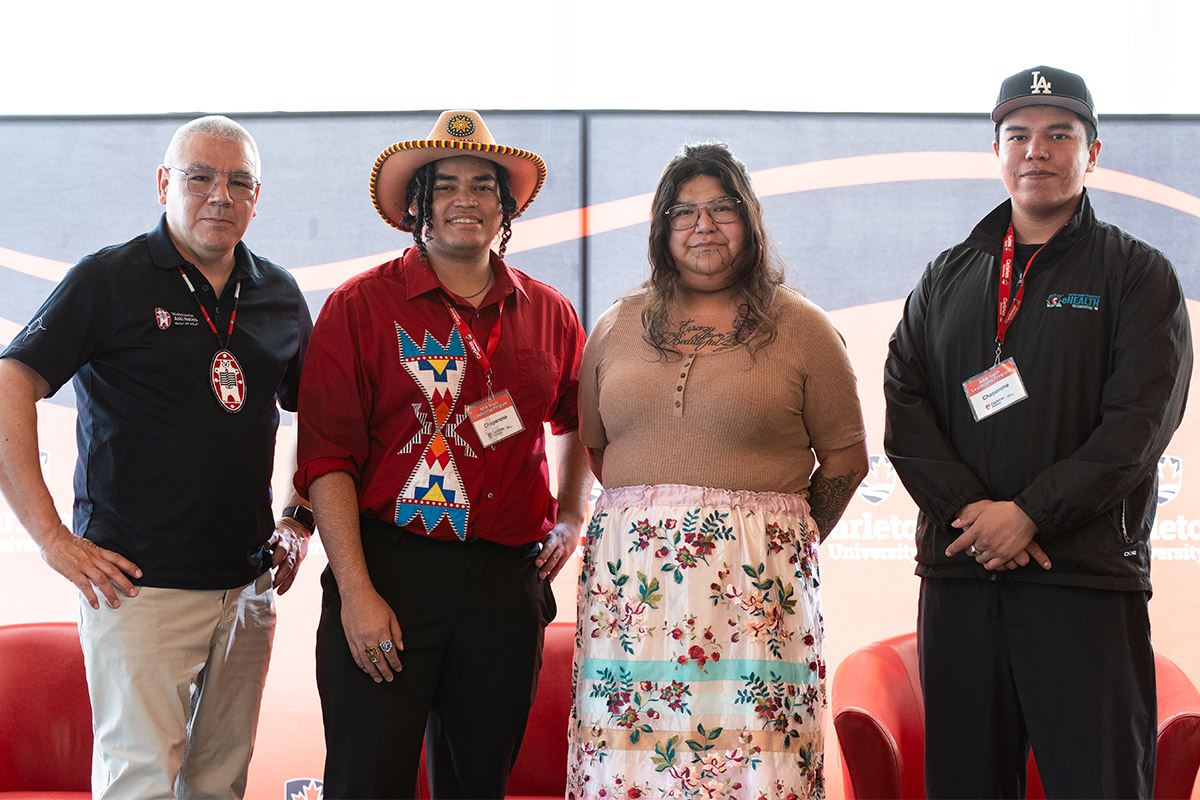
Former NAN Deputy Grand Chief Victor Linklater, Ramon Kataquapit, Mallory Solomon and Erikson Owen
On July 7, Carleton University welcomed program participants to its campus with a launch event and feast at Richcraft Hall. In Carleton Provost and Vice-President (Academic) L. Pauline Rankin’s opening remarks, she recalled how a youth leadership initiative she attended as a teenager helped reinforce that a university education was the right career path for her. Some NAN youth might come to the same conclusion themselves this week, she noted. But what Rankin remembered most of all from the experience was not the event programming, but the friendships she made.
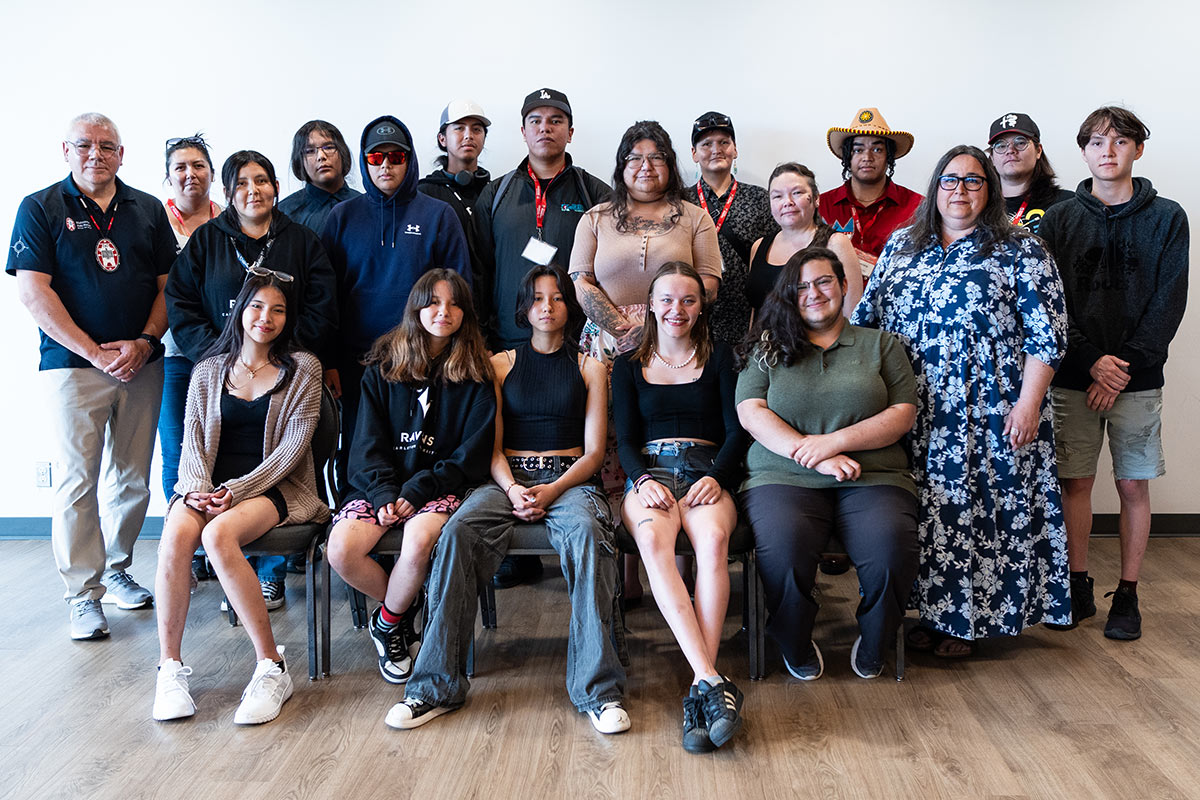
Participants of the 2024 NAN Youth Leadership Program
“It is not easy to make the choice to travel so far. It is a courageous decision to try new and novel things, but it is also how we advance in life,” said Rankin.
“At Carleton, we are really trying to make campus a welcoming place for Indigenous students, and we want to have members of NAN as part of our university community. We are grateful for the relationship we have with NAN, and I hope that it can continue in the future.”
It is a very big change for students who grew up in small, tight-knit communities to move to a city of more than a million people. Yet post-secondary education is also the only practical way to develop many of the in-demand skills NAN needs to thrive in the 21st century—whether these skills are in the trades or in knowledge work. Education is the path toward healthcare workers who can provide culturally sensitive care and lawyers who will fight tirelessly for First Nations rights.
For former Deputy Grand Chief Linklater, a university education is about more than just these on-the-job skills.
“School is also about producing a citizen who will function in society. Young people learn life skills, they learn to work in teams, to collaborate. And they see a world that they are not used to,” he says.
“Carleton is a very multicultural place, and the whole world is a melting pot. Everyone is different, but we all have to live together.”
Friday, September 13, 2024 in Community, Indigenous, Leadership
Share: Twitter, Facebook
